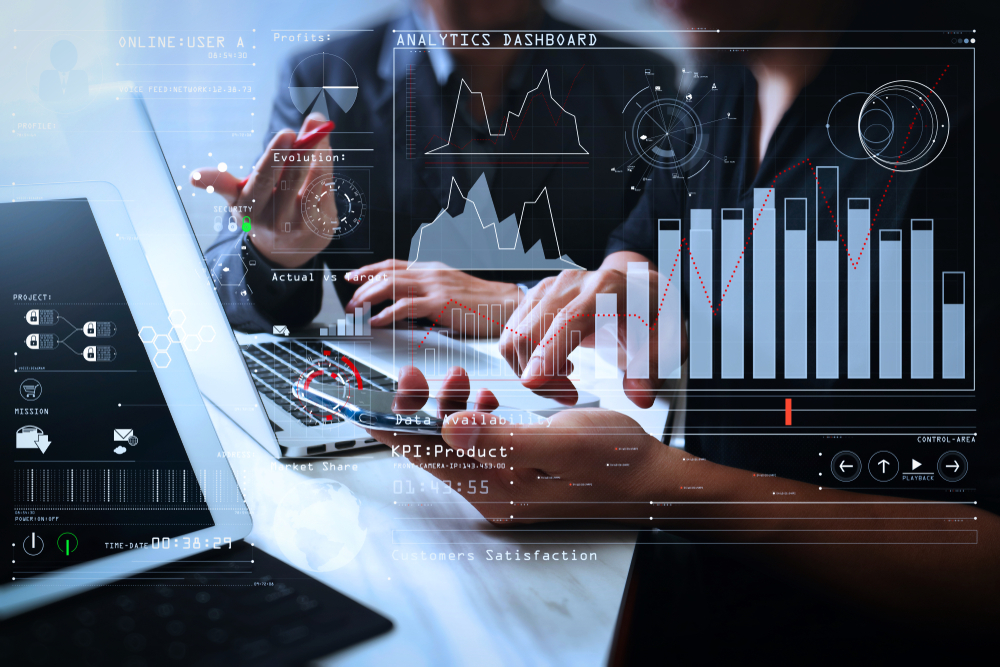In today's world, technological innovations are rapidly changing various areas of life, including the legal system. One of the most promising technologies is predictive analytics, which can significantly increase the efficiency of judicial proceedings. However, the use of such technologies requires clear legal regulation. In this article, we will consider the legal regime for the use of predictive analytics in litigation, as well as why the consultation of a lawyer is indispensable in this process.
The role of predictive analytics in litigation
Predictive analytics uses mathematical algorithms and large volumes of data to predict the outcome of court cases. This technology allows faster and more accurate legal analysis of the situation, which helps judges and lawyers make more informed decisions. However, there is a question about the legality and ethics of using such tools.
Legal aspects of using predictive analytics
The legal regime for the use of predictive analytics needs clear regulation to avoid violation of citizens' rights and ensure a fair trial. An important component is the verification of documents by a lawyer, who must ensure that the use of such technologies does not contradict the current legislation. In addition, a written consultation with an attorney can help understand the legal risks and implications of applying predictive analytics in a specific case.
Need to consult a lawyer
Consulting an attorney is critical to ensuring the legal compliance of using predictive analytics. A professional lawyer will be able to provide a legal opinion on the legality of using such technologies in specific cases. The help of a lawyer online allows you to get the necessary support even in the most difficult cases, providing effective and timely assistance.
Benefits of using predictive analytics
The use of predictive analytics in the judiciary has numerous advantages. It makes it possible to reduce the time of consideration of cases, reduce the burden on courts and increase the accuracy of court decisions. However, without proper legal regulation and legal advice, there is a risk of misuse of data and violation of citizens' rights.
Challenges and Risks of Predictive Analytics
Although predictive analytics has great potential, its use is associated with certain risks. One of the main challenges is ensuring data confidentiality and personal information protection. An online lawyer can provide a lawyer's legal opinion, which will help you understand how to properly protect your rights when using such technologies.
Conclusion
The use of predictive analytics in the judiciary can significantly improve the efficiency of the legal system, but requires careful legal regulation. Consultation with a lawyer and legal analysis of the situation are indispensable elements to ensure the legal use of such technologies. A legal opinion will help avoid potential risks and ensure the fairness of the court process. If you need the help of an online lawyer or legal advice on predictive analytics, contact professional lawyers who will help you protect your rights and interests.

































